How to Secure a Table at New York’s Most Exclusive Restaurants
“This venue is incredibly popular,” remarks Marc Lotenberg, settled in the most coveted area of one of Manhattan’s trendiest restaurants. “It’s in high demand.”
We are at the Corner Store, a tiny eatery in SoHo that has a star-studded clientele, including Taylor Swift and other celebrities. The ambiance is effortlessly chic, featuring luxurious velvet drapes, rich green panels, and dim lighting, with martinis being served on silver platters alongside sumptuous wagyu steak dishes.
However, the patrons—glammed-up groups who know the staff by name—are not here by chance. The “reservationists” meticulously select the ideal guests, determining who gets in, where they sit, what they might wear, who accompanies them, their potential spending, and the overall environment they create.
Maintaining the unique vibe that propels a restaurant to the top is an intricate task. “You must carefully consider the dynamics of the room,” says Lotenberg. “It’s a delicate balance to strike.”
Lotenberg is the mastermind behind this balance. Three years ago, the former nightlife promoter and media executive launched an app named Dorsia, aimed at securing what he describes as “impossible tables” at hotspots like the Corner Store. Following its triumph in New York, the app has ventured into cities like London, Miami, St. Tropez, and Ibiza, with plans for Mykonos this summer. “Gaining access here signifies social status,” notes the 46-year-old Lotenberg, dressed simply in a grey T-shirt and a lavish black watch.
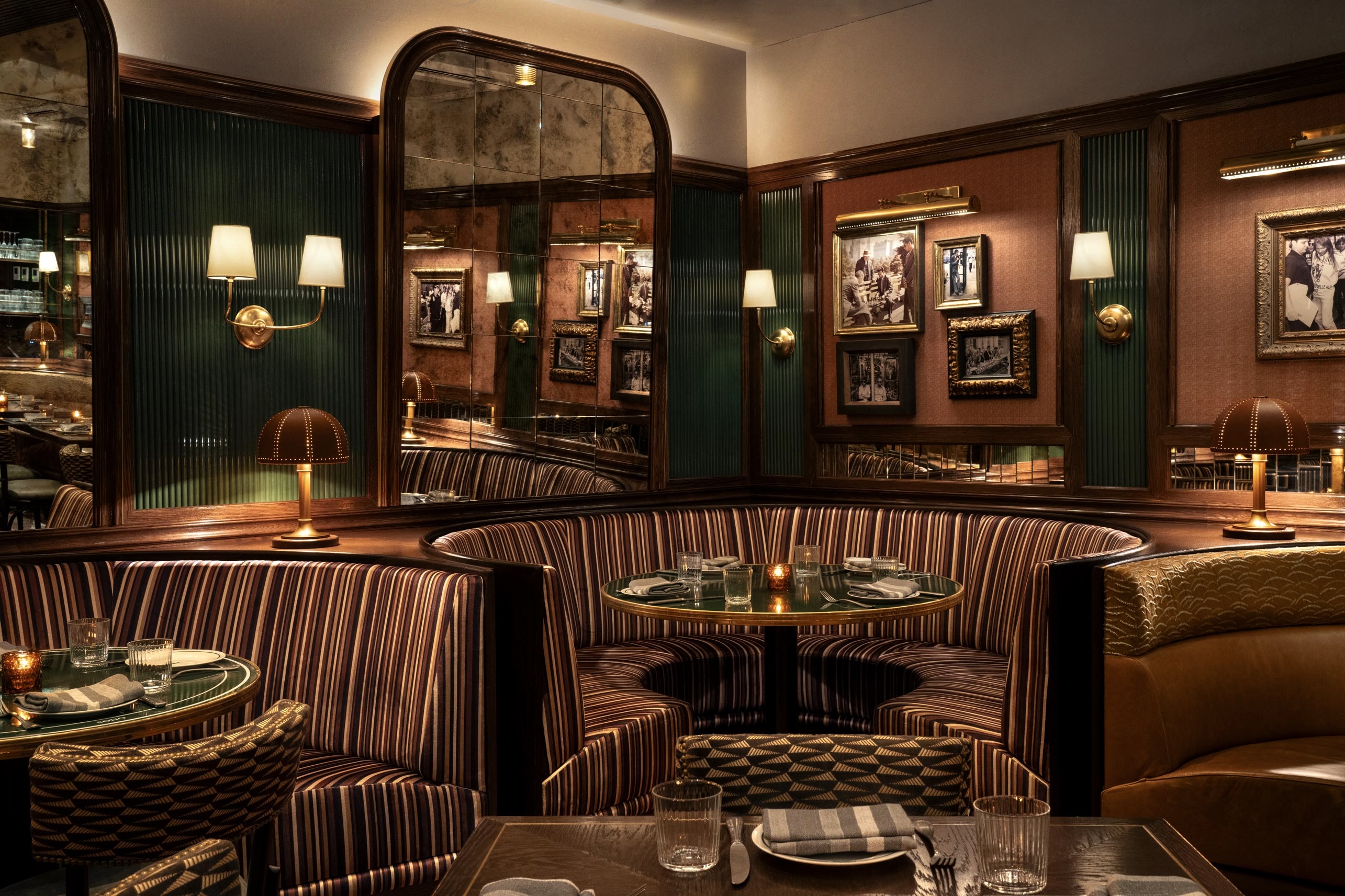
The challenge of gaining entry to the Corner Store has resulted in rampant speculation and discussion online. It’s so sought-after that a waiter reported being followed home by someone eager for his assistance in securing a table. In a nearby bar, when his profession was mentioned, he was quickly surrounded by interested patrons. TikTok users share countless videos on strategies for gaining access, while busy Reddit threads debate effective approaches.
Arriving just after 5 PM, the line outside stretched thirty people long. The restaurant releases only a handful of tables online each night, which vanish in moments. The hopefuls are relegated to waiting for cancellations. When I inquired with a waiter about the frequency of cancellations, he replied that they are exceedingly rare. “New York is a unique market; you can’t compare it to other places,” Lotenberg explains. “You can generate five times more business than any other restaurant because there are numerous affluent customers who want immediate access.”
Since relocating to Manhattan, I noticed the city’s obsession with restaurant culture is fascinating. Here, the experience of dining is often overshadowed by the prestige of being able to say you dined at a specific place. In casual conversation, it’s common to discuss where you’ve managed to eat recently. However, London is beginning to emulate this trend. “London is leaning towards a New York-style dining culture, where the restaurant choice and timing reflect one’s persona,” says Lotenberg.
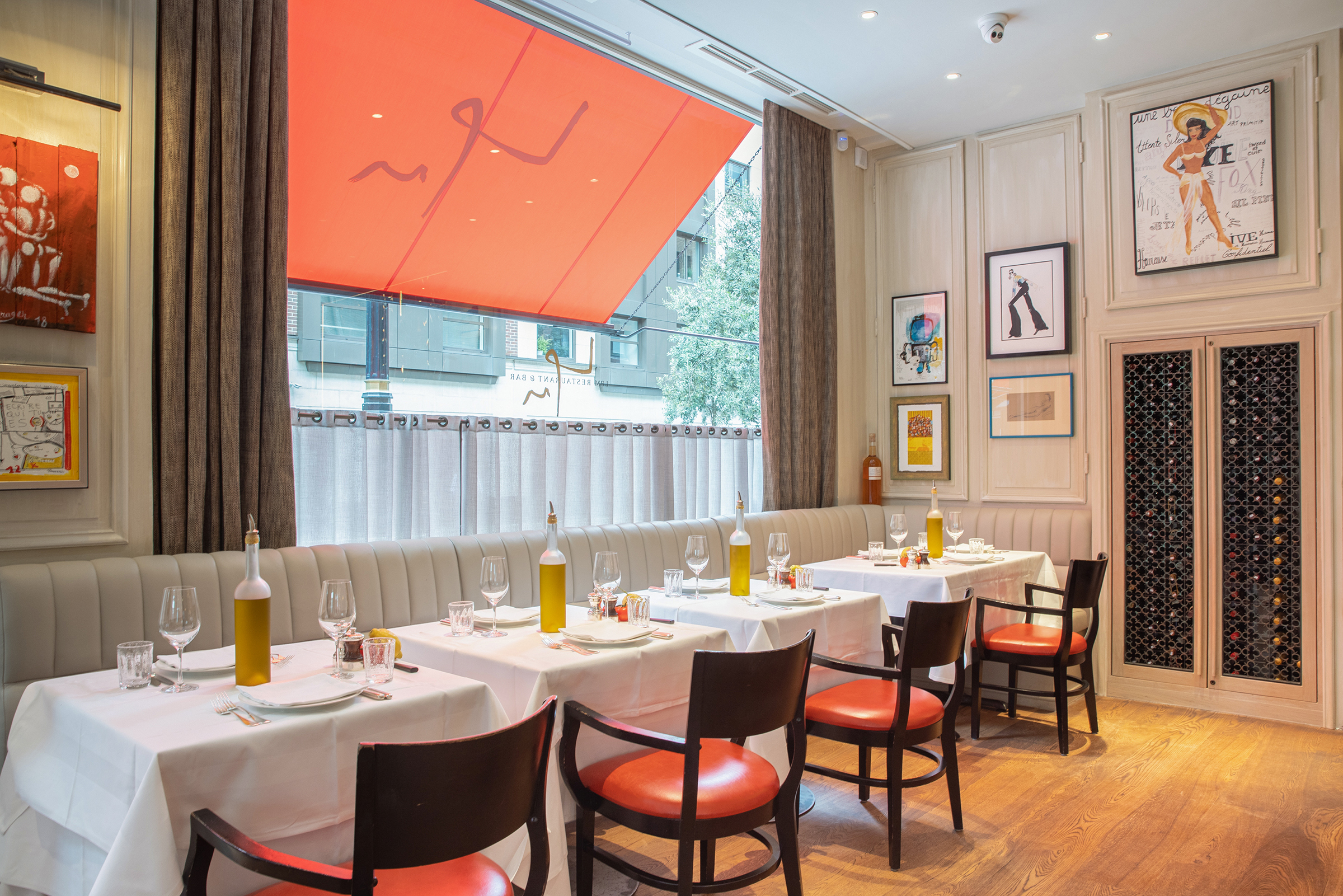
He conceived the idea for Dorsia in 2020, and it was launched as an invitation-only platform two years later. In November 2024, it transitioned to a paid-membership framework, ranging from $175 annually for basic access to $25,000 for full access to top-tier restaurant reservations. “The restaurant ecosystem had major inefficiencies,” says Lotenberg.
New York has also seen the emergence of shadow markets, where bots exploit reservation platforms to book tables just milliseconds after they become available, often reselling these reservations for a hefty profit. Recently, New York’s governor enacted the Restaurant Reservation Anti-Piracy Act to curb these so-called “predatory” services.
“If you’re paying for these reservations, you’re already deep into costs before stepping foot in the restaurant, and it’s not a pleasant experience—buying a table seems odd,” Lotenberg remarks. “So we thought, how can we harness that behavior positively without the shady side?”
Every Dorsia member must apply for approval to use the app, enabling reservations for tables at premier restaurants like Corner Store or Carbone on typically booked nights. Members commit to a minimum spending requirement that varies by time and day, which is pre-paid via the app (with any excess charges going to the member’s account).
The Corner Store comprises three sections: a bar with 13 seats, a central dining area, and a secondary room, seating a total of 80 guests. The most coveted spot is reportedly the center booth at the end of the restaurant, followed by the flanking booths. Yet, as a restaurant gains fame, it attracts a crowd that could dilute its exclusivity. Social media amplifies this phenomenon. “Before social media, restaurants could target their audience through selective magazine advertisements. Now, customers amplify their popularity via social shares, which is crucial for brand identity and requires a specific clientele in the dining space,” explains Lotenberg.
Dorsia assists restaurants by establishing member “tiers,” based on social connections and alignment, effectively creating a status ranking system. “We aim to formulate what we call degrees of separation,” Lotenberg states, allowing restaurants to attract high-spending customers at prime times by offering them exclusive reservations. This facilitates a curated clientele—fashion influencers and art patrons seated alongside corporate professionals at key tables.
Lotenberg, who grew up in Long Island, was entrepreneurial from a young age, organizing parties and events as a teenager. He recalls charming the doormen at popular New York venues, ensuring access for friends and acquaintances through clever tactics. “It requires a considerable amount of bravado to navigate and secure a table, something not everyone can achieve,” he reflects. After attending Arizona State University—dubbed the top party school—he expanded his event-planning endeavors, collaborating with major brands like MTV.
A grand platter of porterhouse steak arrives, perfectly cooked and accompanied by overflowing fries. Celebrity chef Thomas Straker joins our dinner. “What’s good, buddy?” Lotenberg greets him warmly. Following dinner, he’s off to Coachella for two weekends, leading an exclusive party for Dorsia members. He’s set to attend various high-profile events in Miami, Cannes, Monaco, and Ibiza, fully entrenched in the vibrant social scene. “All of this? It’s in my veins,” he concludes.
As I step back out into the city, surrounded by the allure of wealth and style, I pass through the bustling restaurant atmosphere, appreciating the hustle, ambition, and desire as I leave behind the thirty-strong queue continuing their wait for a taste of exclusivity.
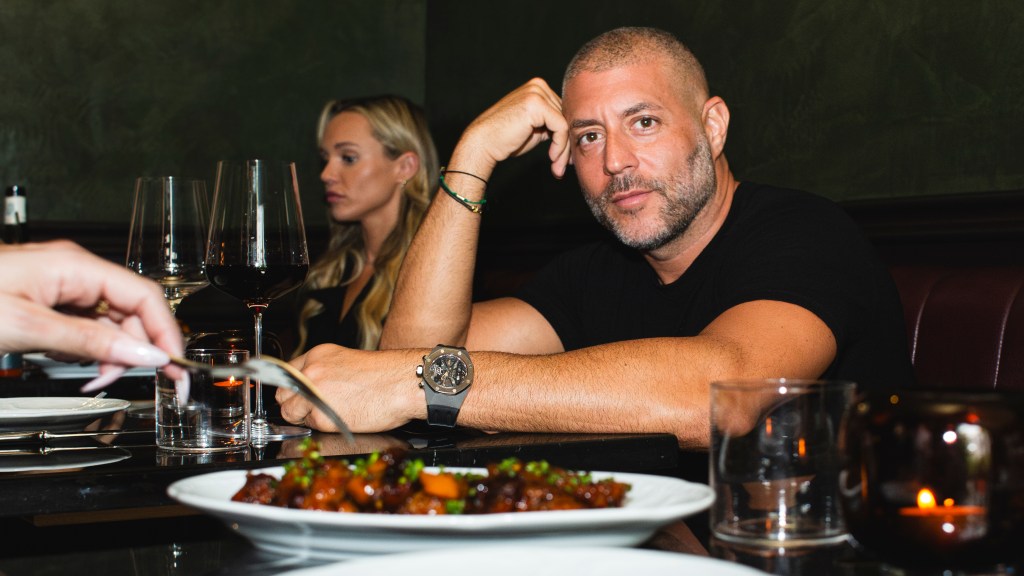
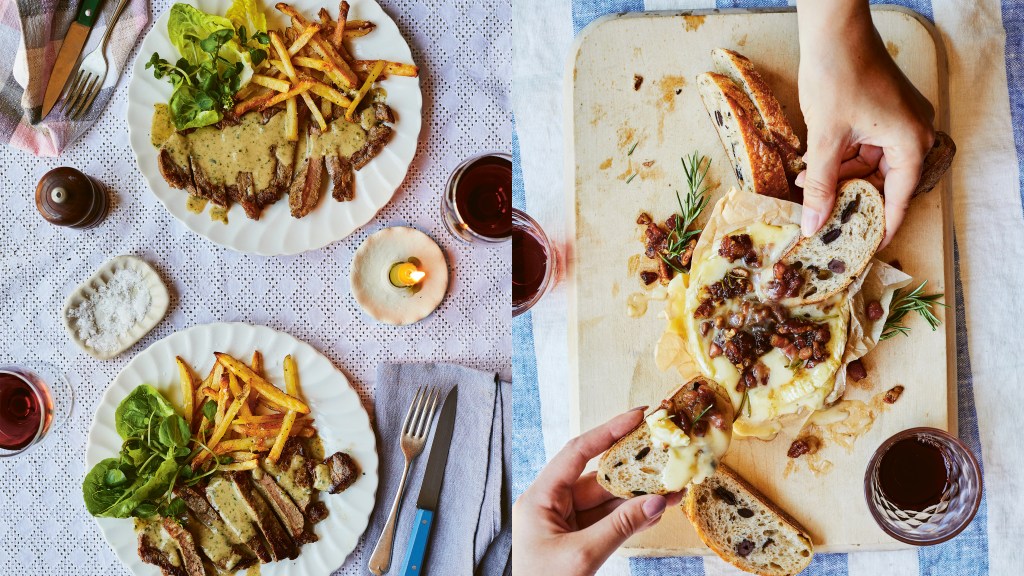

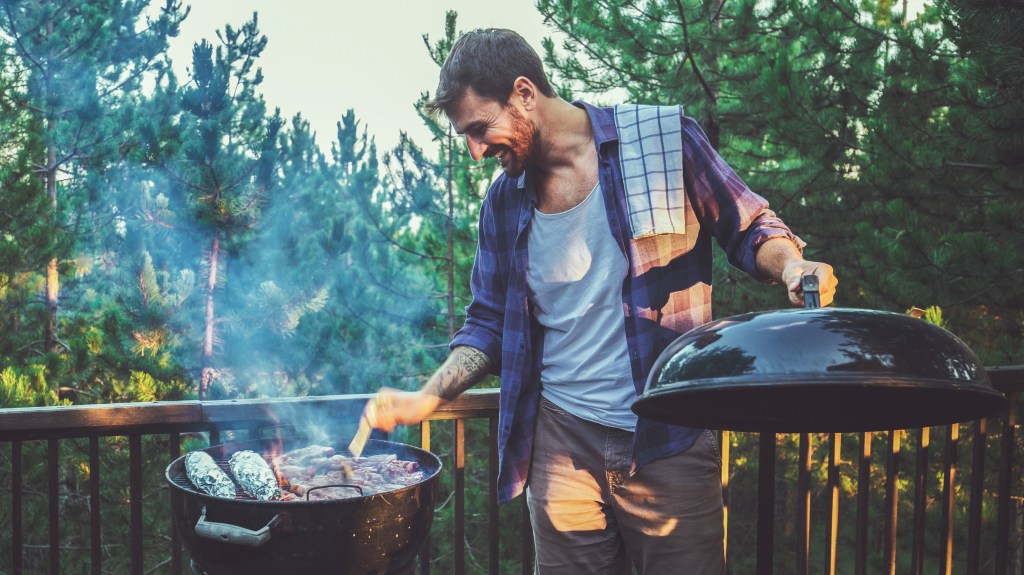
Post Comment